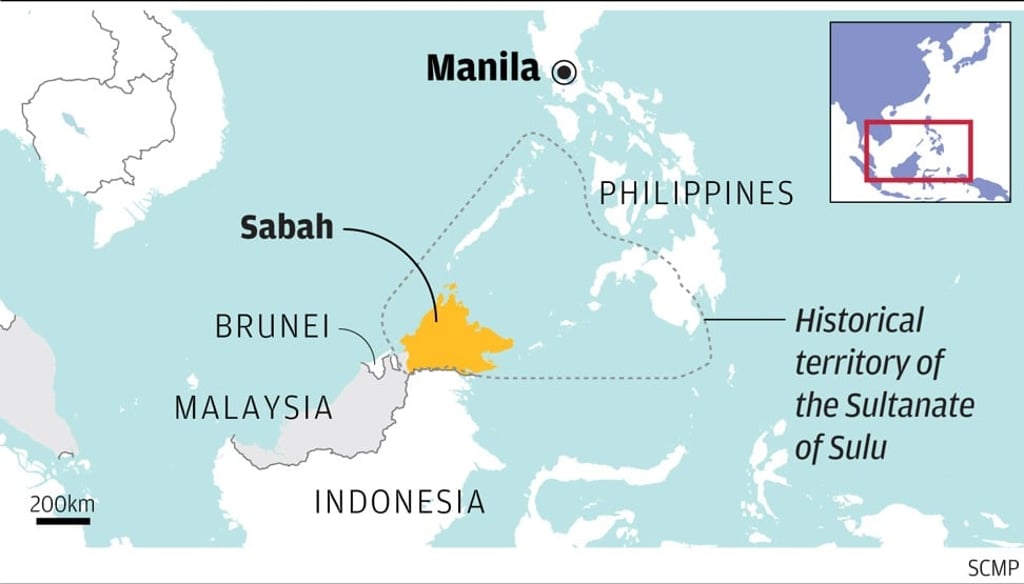Advertisement
Malaysia rebukes Philippines for ‘unfriendly’ remarks as Sabah sovereignty claim resurfaces
- The Philippine Foreign Affairs Secretary recently said Manila would not abandon its longstanding claim on the state of Sabah, reigniting an old row between the neighbours
- Malaysia says Sabah state has been ‘recognised by the United Nations and the international community’ since the formation of the Federation of Malaysia 56 years ago
Reading Time:4 minutes
Why you can trust SCMP

Bilateral ties could suffer if the Philippines continues to insist it has claims over the Malaysian state of Sabah, said analysts, a day after Putrajaya issued a strong rebuke against “unfriendly” remarks from its Southeast Asian neighbour.
In an acidic statement, the Malaysia’s Foreign Ministry said: “Malaysia does not recognise and will never entertain any claims by any party on Sabah”.
It added that Sabah’s position as a state of Malaysia was “recognised by the United Nations and the international community” since the formation of the Federation of Malaysia 56 years ago.
The row was triggered by Philippine Foreign Affairs Secretary Teodoro Locsin Jnr, who last week referred to the nation’s “claim” on the state during a congressional budget briefing.
Advertisement
“Our plan now is to keep things as they are,” he was reported as saying by the Manila Bulletin in response to a lawmaker asking about the possibility of opening an embassy in Sabah, which is home to a large Filipino diaspora.
Advertisement
“We shall never have an embassy in Sabah. To even think of it is an act of treason,” Locsin said.
Advertisement
Select Voice
Select Speed
1.00x
